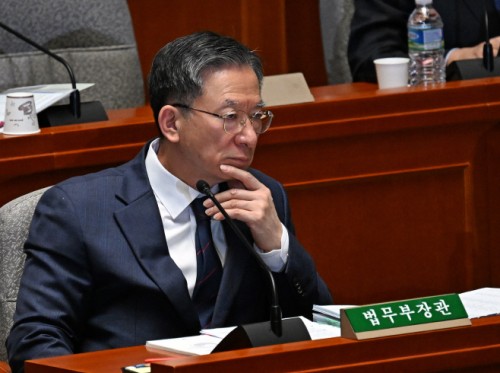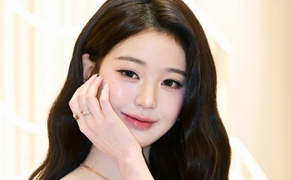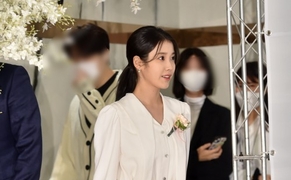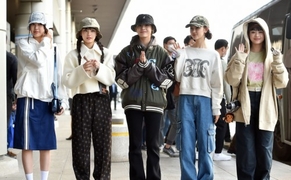 |
| Jeong Sung-ho, minister of justice, listens to questions from lawmakers during a plenary session of the Special Committee on Budget and Accounts at the National Assembly on November 13. / Source: Song Ui-joo |
Justice Minister Jeong Sung-ho responded cautiously on November 17 to reports that the government is considering disciplinary measures against senior prosecutors who opposed dropping the appeal in the Daejang-dong development corruption case, saying that “the most important thing is for the justice ministry and the prosecution to remain stable for the people.”
Speaking to reporters on his way into the Government Complex in Gwacheon, Jeong was asked whether he was reviewing disciplinary action against 18 chief prosecutors. “I have nothing in particular to say,” he replied, while adding, “I am giving a lot of thought to what would be the best course of action.” When told there was internal backlash over the idea that reassigning them as line prosecutors would amount to a de facto demotion, he answered, “As far as I know, there is no particular move in that direction.”
Jeong went on to say, “The president is currently preparing for an overseas trip, and the APEC summit and the Korea–U.S. tariff negotiations have wrapped up successfully. The most important task is surely to restore economic vitality, and we share that view.” His remarks were interpreted as a signal that resolving the internal conflict over the dropped appeal is not the government’s top priority.
The government is reportedly reviewing a plan to reassign the 18 chief prosecutors—who issued a statement opposing the decision not to appeal in the Daejang-dong case—as rank-and-file prosecutors. Under the Prosecutors’ Office Act, the only official ranks are prosecutor general and prosecutor, meaning such a move would not be legally impossible. However, because it would strip the officials of their authority to direct investigations, it would in practice amount to a demotion, making internal resistance all but inevitable.
Meanwhile, Gu Ja-hyun, the new acting prosecutor general (29th class of the Judicial Research and Training Institute and current deputy prosecutor general at the Supreme Prosecutors’ Office), declined to comment when asked on his first official day at work how he viewed the push to reassign the chief prosecutors who issued the collective statement to line positions, and walked into the building without answering.
Most Read
-
1
-
2
-
3
-
4
-
5
-
6
-
7





















